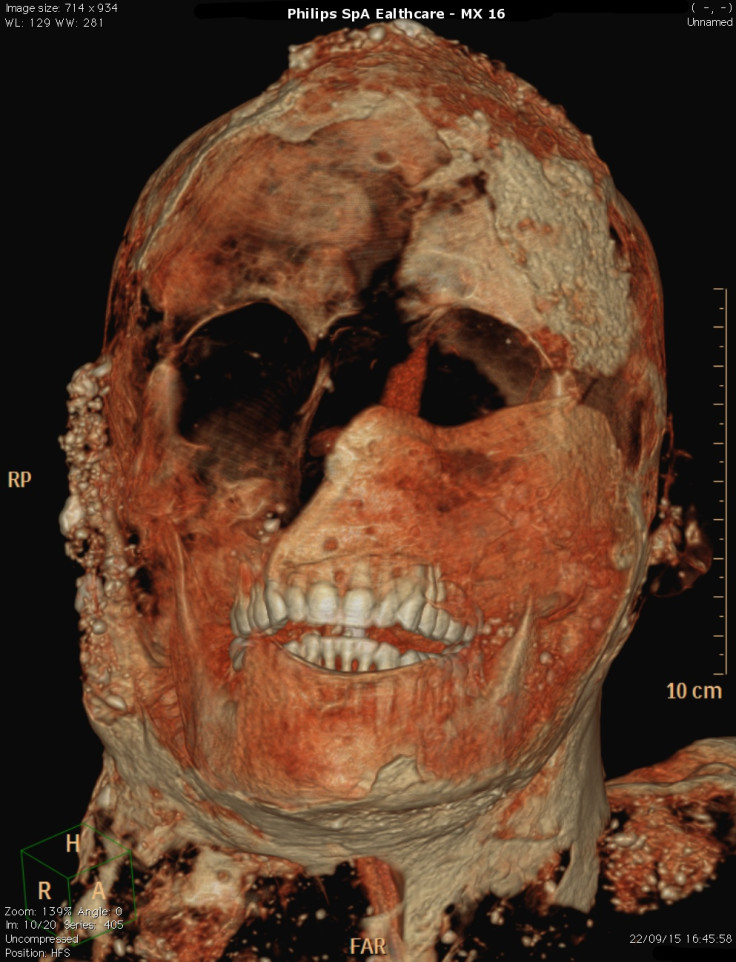BBC Pompeii series says ancient Romans enjoyed having sex in front of slaves

The sex lives of ancient Romans is revealed in historian Mary Beard's new BBC documentary, Pompeii: Life Before Death, which airs on 3 March. The programme examines the role of slaves in the ancient world. A wall painting in Pompeii shows a couple having sex in front of a slave, who is in the background, doing housework.
"It's a brilliant example of slaves being invisible," Beard, a Cambridge classics professor says. "That painting shows they are not seen. If you said to ordinary people, 'Would you make love with someone else in the room clearing up?', then you would see how different the ancient world was."
Using cutting-edge technology such as CT scanners, new discoveries include delving beneath a house to see where slaves were kept. Beard said in a Sunday Times interview: "We can see an area that we are now 99 per cent sure were the quarters for slaves; a dark, windowless, long corridor with little cells off it where we images slaves lived, worked, slept – probably three, four, five of them to a room."

There is also more detailed information about the casts of the bodies who perished in the cataclysmic volcanic eruption of Mount Vesuvius which destroyed the town.
A 3D digital replica of Pompeii is shown for the first time, with x-rays and scans of the skeletons, preserved for centuries. A team is also conducting DNA analysis of the bodies for the first time.
"While everyone knows how the people of Pompeii died... this is a once-in-a-lifetime chance to reveal their life before death," Beard says. It wasn't only the old and infirm who didn't leave the town at the time of the disaster but also a cross-section of the population.
The CT scanners show that "we are not finding here the sadly geriatric – these are ordinary young people who stayed around," the classics professor explains. "They chose not to lose their business or home... it's what people do in disasters."
The date of the eruption is believed to be 24 August, 79 AD, just one day after Vulcanalia, the festival of the Roman god of fire. Heat was the main cause of death, with hot surges from the volcano reaching as high as 482 degrees. Tons of falling debris filled the streets until nothing could be seen of the town. Pompeii remained buried and undiscovered for almost 1,700 years until excavations began in 1748.
© Copyright IBTimes 2025. All rights reserved.





















